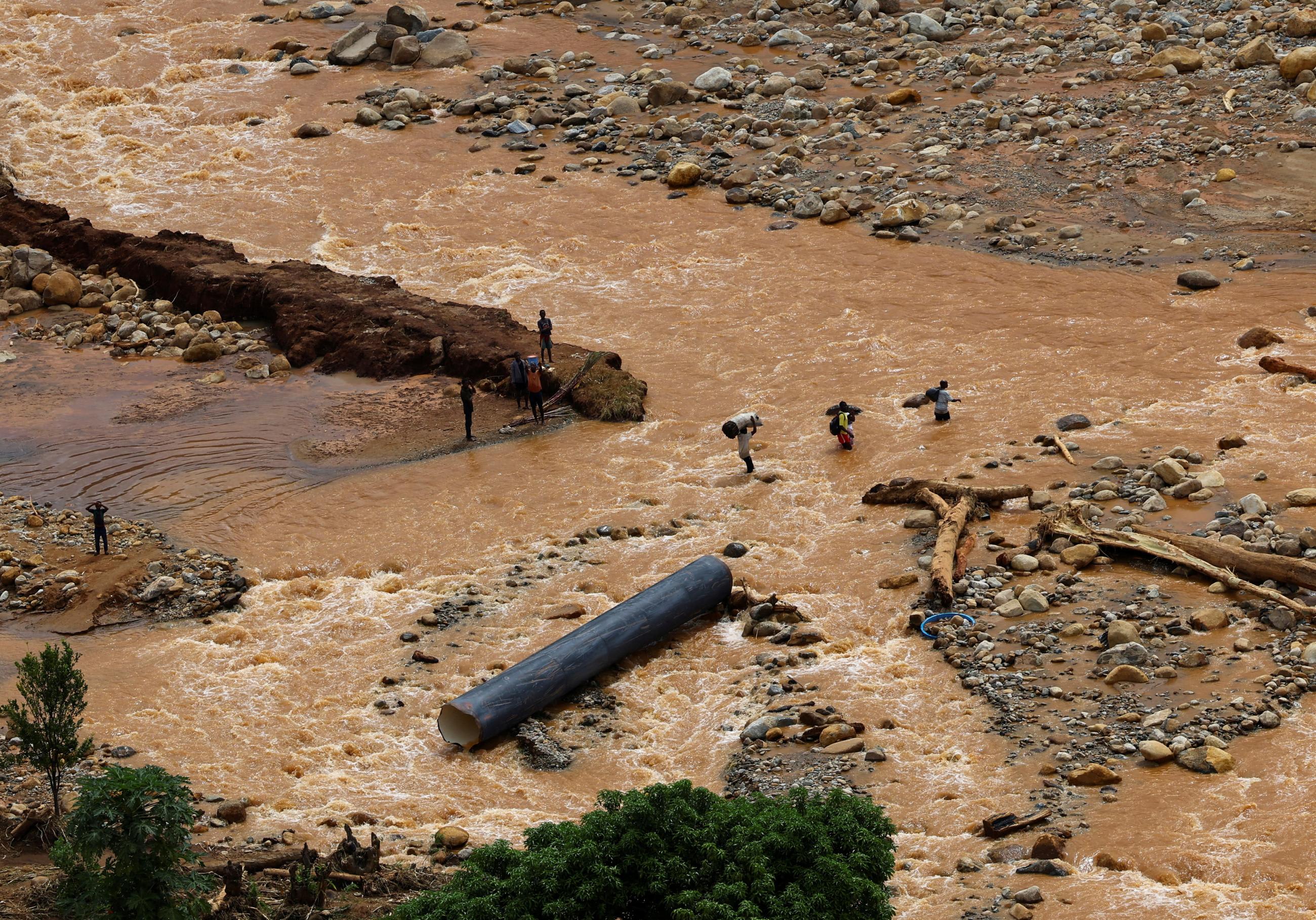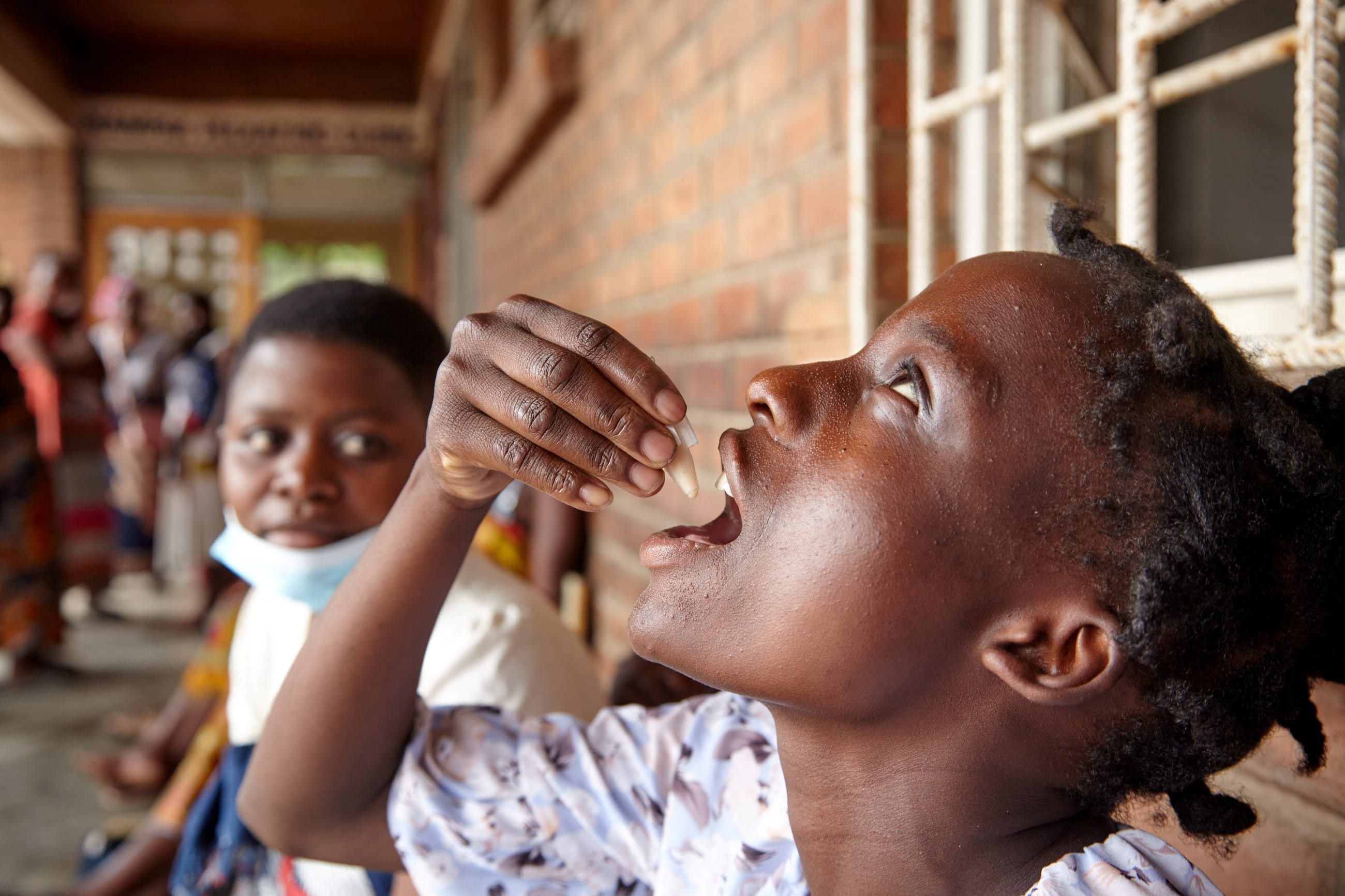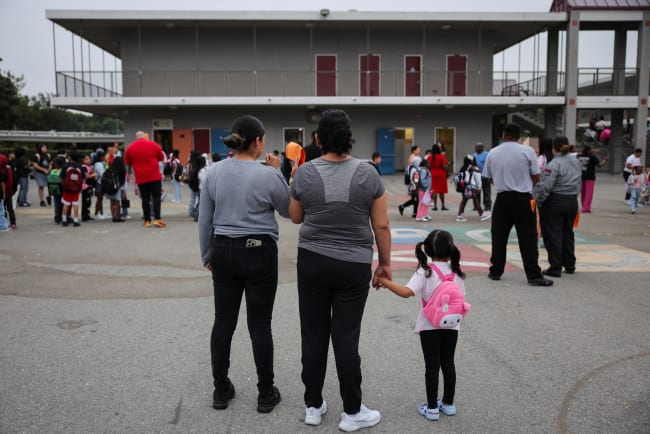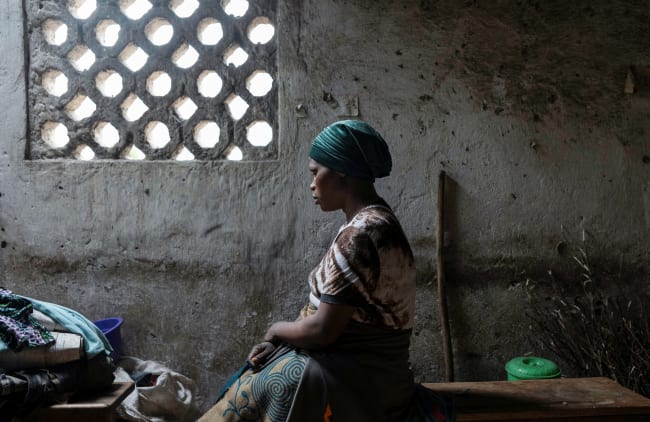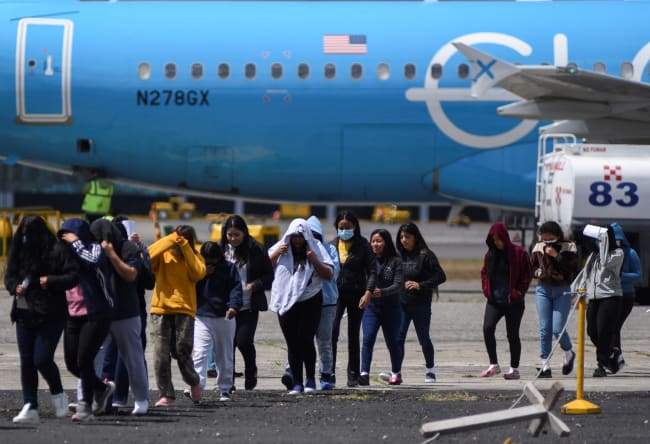Since March 2022, cholera has infected more than thirty thousand and killed more than one thousand in Malawi, earning its distinction as the worst outbreak in two decades and sparking fears that the bacteria could spillover into neighboring countries that have fragile health-care systems.
Unlike previous outbreaks in 1998, 2001, and 2017, the current outbreak stands out because the provision of safe water across Malawi has improved significantly. Despite improvements in access to affordable clean water and ablution services, however, well-equipped public hospitals are still a major challenge. Although health care is government funded and free to all citizens at the point of delivery, Malawi's health-care system is frequently poorly administered. According to a 2018 study by the University of Malawi Faculty of Medicine, 50 percent of doctors and nurses are stationed at just four public tertiary city hospitals in a country that has twenty-six public district hospitals. Trained staff and specialist clinicians are in extremely short supply and the vacancy rate across all health-care jobs is 80 percent. Further, only 49 percent of people in Blantyre, the commercial capital, have toilets that safely capture waste. About 25 percent of the population need to walk nearly an hour to access safe drinking water. State mismanagement of public hospitals, a lack of adequate electricity, impassable roads, and climate-induced floods that frequently sink water and hospital infrastructure are some of the reasons behind Malawi's poor water and sanitation conditions.
Spill Over into Zimbabwe, Mozambique, South Africa
Without better sanitation, Malawi's current cholera outbreak could spill over into neighboring countries, including Zimbabwe, where smaller but stubborn flare-ups of cholera have persisted since 2008. Complicating the potential is Zimbabwe's ramshackle health-care system, which has been emptied of medics, drugs, and funds after decades of brazen corruption. Migration is another factor that could contribute to spillover. Each year, countless Malawians travel through Zimbabwe to visit family members, work, shop, or stop on their way to South Africa, where at least eighty-seven thousand Malawians currently live. South Africa also faces its own crisis of failing clean public water provision in sprawling urban settlements. South Africa's health minister recently called for "vigilance" after two cholera cases, attributable to visitors from Malawi, were recorded in the country.
Since March 2022, cholera has infected more than thirty thousand and killed more than a thousand.
Dr. Munyaradzi Samusodza, a public health expert working across southern Africa countries emphasizes that "Malawians shouldn't be scapegoated for bringing cholera into South Africa; however, South Africa should keep an eye on Malawi's outbreak because South Africa is among the biggest immigrant-receiving nations in the world and Malawi is nearby."
South of Malawi, Mozambique, another country in the region, has a legacy of cholera epidemic outbreaks and shares a vast land border with Malawi. Currently, Mozambique has been put on an "elevated" cholera activity of its own, and it's not clear whether this is a spillover from Malawi or a local outbreak stemming from Mozambique's own troubling inability to completely eradicate cholera. What is known is that this outbreak was made worse by a recent cyclone.
Ways Forward
Malawi should prioritize anticipating and preventing cholera outbreaks rather than trying to treat existing outbreaks that could be difficult to contain. Radio messaging, social media, and working with traditional leaders and faith groups to educate communities about cholera, implement the digital surveillance of cholera hotspots, and distribute cholera vaccines before the rainy season, alongside periodic inspection of water quality in new and old groundwater boreholes, are ways for Malawi to stay ahead of cholera outbreaks and reduce their harms.
To prevent spill over into other countries, Malawi should share data on where outbreaks are occurring with neighboring nations. Border surveillance and treatment of suspected spillover cholera cases should be prompt and thorough. When people travel to Malawi and across its orders, a free, robust screening strategy should be in place to test, treat, and rehabilitate cholera patients.
"After all, an epidemic next door is potentially a disease that knows no border boundaries," says Samusodza, who warns after repeated outbreaks of cholera in the past in Malawi, Mozambique, and Zimbabwe that lessons should have been learned by now: "smart urban planning, increased urban water treatment, and the basic municipal or state task of ensuring there is one toilet at least per household."
